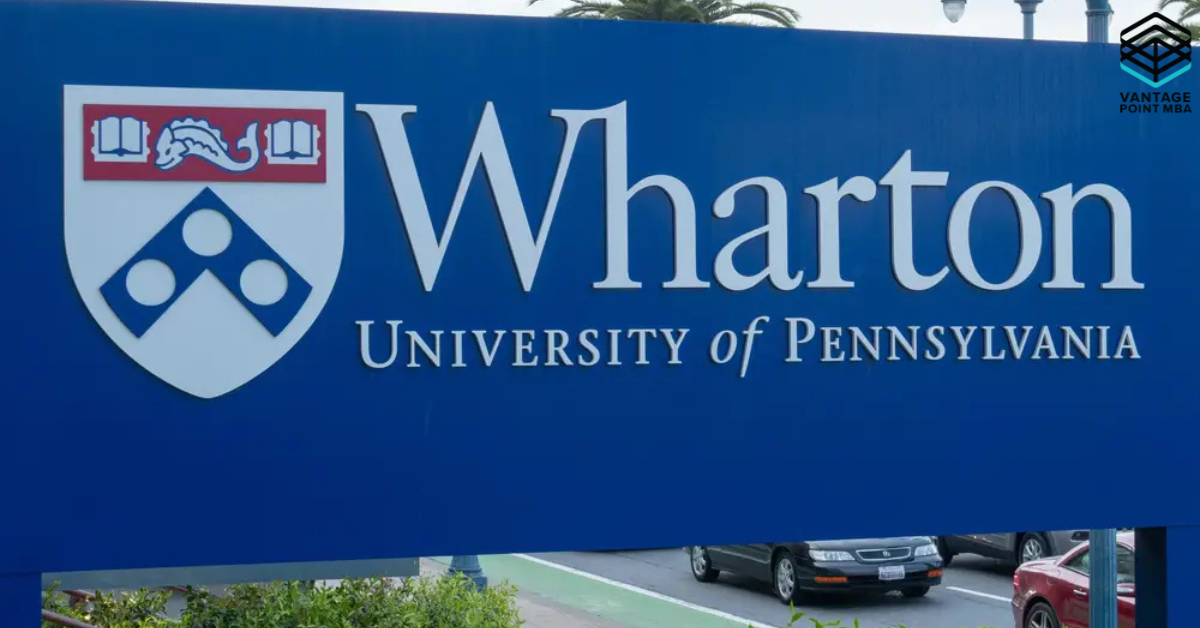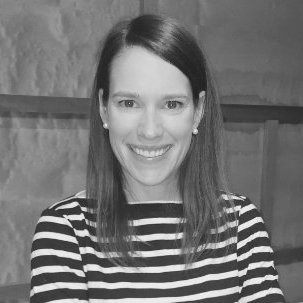2025-2026 [New] Wharton MBA Essay Tips

Wharton has been nothing but consistent with its essay prompts for the last 12 years, making only minor tweaks to its two required essays over that time. But change is inevitable. After a delayed application opening, the new Wharton MBA essay prompts for 2025-2026 are confirmed, bringing the most notable update in over a decade.
For years, Wharton stood out among top MBA programs for its essay stability, offering applicants a clear and predictable framework to showcase both professional goals and personal impact. This year’s changes signal a subtle but important shift in what Wharton is hoping to learn about its applicants, aligning with a broader trend among M7 programs: admissions committees want focused, high-impact insights – not a full life story.
To help you get started, we’re sharing some tips to tackle the new Wharton essays.
Wharton MBA Essay Questions
Essay 1: Two Short-Form Questions
- What is your immediate post-MBA professional goal? (50 words)
- What are your career goals for the first three to five years after completing your MBA, and how will those build towards your long-term professional goals? (150 words)
Essay 2: Long-Form Essay
- Taking into consideration your background – personal, professional, and/or academic – how do you plan to add meaningful value to the Wharton community? (350 words)
Wharton MBA Essay Advice
At first glance, the Wharton essay questions may seem straightforward, especially with the introduction of two short-form questions in place of the prior longer “why Wharton” essay. But don’t let the shorter word counts mislead you. There is less room than ever for vague or unfocused responses, and anything short of sharp, specific answers will quickly get lost in the shuffle of highly polished applications.
This means that you will need to be strategic and intentional about what you include – and what you leave out.
Struggling to bring your story into focus or unsure how to approach these new prompts? We’re here to help you craft a compelling, strategic application.
Your Career Goals Must Be Crystal Clear and Credible in Essay One
Wharton is giving you just 50 words to explain your immediate post-MBA career goal and 150 words to outline your career trajectory, including your medium- and long-term goals. While this may seem easier than crafting a 500-word essay, in reality it is much harder to write something clear, compelling, and specific within these strict limits.
If you’re still refining your goals or unsure how to position them effectively, our guide on crafting a compelling short-term MBA career vision offers strategic tips and examples to help you get clear.
For the 50-word immediate goal:
Your goal needs to be crisp and free of jargon. Focus on the specific role and industry you will pursue immediately post-MBA, ideally with some geographical context. There’s no room for vague statements about “making an impact” or “becoming a leader.” You need to articulate exactly what role (including job title and function), industry, and perhaps geography you will target right after graduation. (e.g., “brand manager at a global CPG company such as Unilever” or “investing associate at a growth equity fund focused on emerging technologies”). Wharton explicitly states not to worry about explaining yourself here – this answer is all about clarity.
For the 150-word career progression:
You need to demonstrate the logic behind your desired career path by showing how your first job out of Wharton connects to a clear career trajectory and long-term vision. Briefly reference the professional experiences that set you on this path, but don’t over-explain your backstory. Rather than specifics here, focus on your motivations to show logical career progression and evidence of industry awareness.
Prioritize coherence over breadth, connecting each stage of your career back to a central theme or ambition. This helps you come across as intentional, not opportunistic.
Essay Two Is Your Opportunity to Stand Out
When it comes to the second essay, take a cue from Wharton professor extraordinaire Adam Grant’s concept of ‘givers and takers’. Although the wording of this question was changed slightly this year, from “make meaningful contributions” to “add meaningful value”, this essay should continue to focus on the ways in which you will be a ‘giver’ while at Wharton and even after graduation. A giver ‘…[looks] to help others by making an introduction, giving advice, providing mentoring, or sharing knowledge, without any strings attached.’
This is often where we advise applicants to get more personal. Do you have a unique experience, skill, or perspective that others can learn from? Are there clubs, initiatives, or student communities at Wharton that you would meaningfully contribute to? This is not about checking the box on club involvement, but about showing how you will enhance the experience of those around you.
If you’re unsure what truly sets you apart, our guide on how to develop your personal brand can help identify the qualities that will differentiate you and resonate with the admissions committee.
A past client, for example, wrote about how her resilience from overcoming personal adversity would allow her to mentor peers in Wharton Women in Business, and how she would spearhead specific initiatives based on her experiences. The essay was personal, specific, and focused on impact. It even helped her earn admission with a full scholarship.
If You Remember One Thing…
Wharton’s new essays reward focus, clarity, and intentionality. With the limited space, you will need to be highly selective about what you share, anchoring your answers in career goals and community contributions. This is not the place to tell your entire story. Instead, it’s your job to highlight exactly what Wharton needs to know about you as an applicant.
You don’t need to tackle these essays alone. Let’s zero in on what really matters and make your application impossible to ignore. Click here to request a free consultation.





Pingback: Wharton MBA Essay Questions and Tips | Vantage Point MBA
January 19, 2026 9:26 am